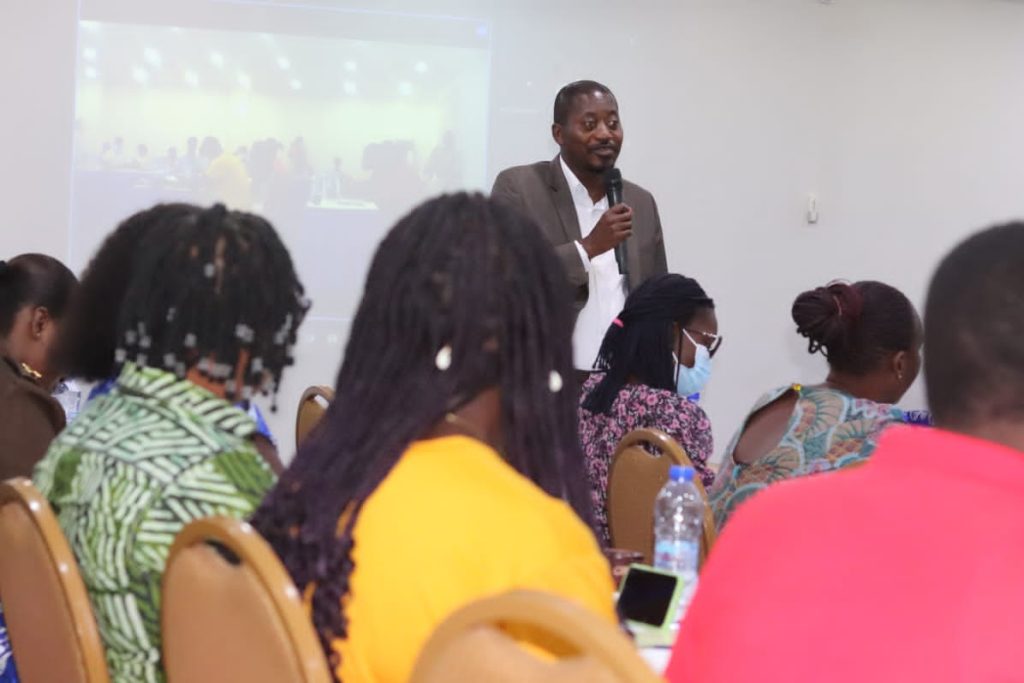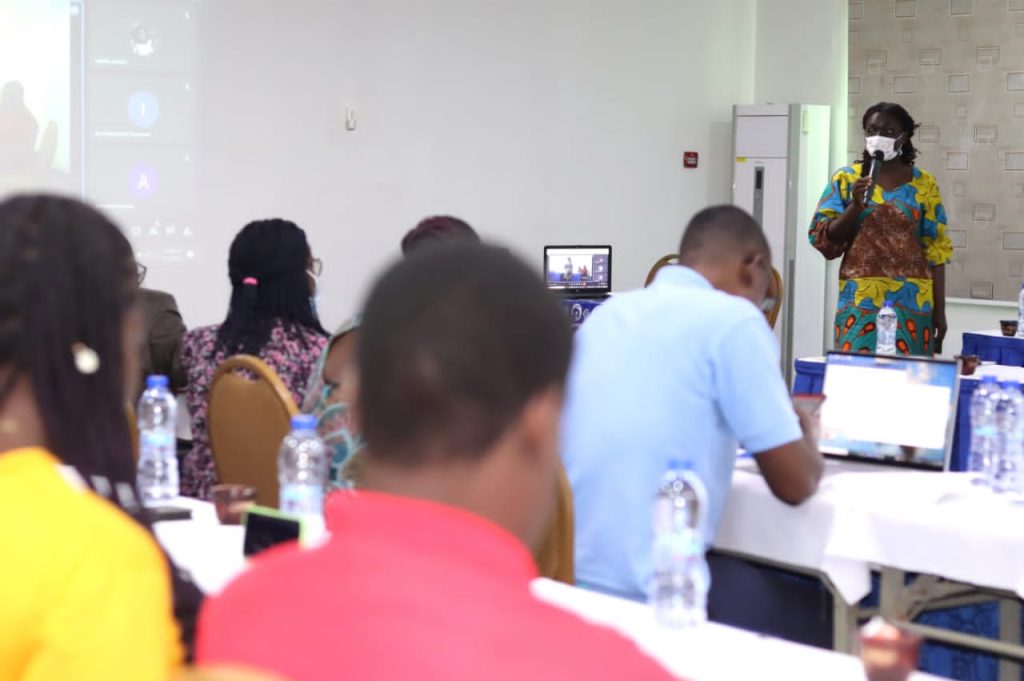By Eunice Hilda A. Mensah
Accra, Dec. 10, GNA – The Hope for Future Generations (HFFG) with United Nations Population Fund’s (UNFPA) funding, has safeguarded and restored young persons living with HIV through life-impacting project.
The project, dubbed: “The UNFPA Out of School Sexual and Reproductive Health and Rights” Project, sought to empower young persons living with HIV and young persons in detention with quality and adequate information, attitude, and skills on sexual and reproductive health and rights to facilitate the process of making healthy decisions.
The project also gave beneficiaries, some of whom intended to commit suicide due to stigma, hands-on skills and training in varied vocations, including pastry making, hair styling and wig, dress and bead making.
Mrs Cecilia Lodonu-Senoo, the Executive Director, HFFG in an address delivered on her behalf at a “Learn-Share Close-Out Meeting” in Accra, said HIV prevention and sexual and reproductive health and rights education among adolescents were key to attaining the UNAIDS 95-95-95 targets.
The targets aims to make 95 per cent of people living with HIV know their status, 95 per cent to be linked to sustained antiretroviral therapy and for 95 per cent of those on the therapy to achieve viral suppression, she said.

Mrs Gladys Damalin, the Project Coordinator, HFFG, said the project built the capacity of beneficiaries, who used to be embarrassed about their status, as advocates who talked about HIV and its related issues.
The capacity of beneficiaries had also been built in value clarification, confidence and assertiveness to accept their status and overcome stigma and discrimination, she added.
Mrs Damalin noted that the 719 young persons with HIV and 171 young persons in detention were economically empowered to support their families and be able to provide basic nutritional and sanitary needs.
Mr Ishmael Selassie, Programme Analyst, Sexual and Reproductive Health, UNFPA, who expressed joy over the impact of the project, said to reverse the trend in HIV infections, heavy investments and resources were needed to achieve the response it needed.
“Today HIV doesn’t come with the fear and panic that we used to live in. For UNFPA, it is a pleasure that we have been able to make some investment to ensure these successes with HFFG,” he said.
The fact that the infection still carried stigma along, he said, meant there was still a lot to be done with education and called on all persons who truly understood the virus infection and those infected to serve as Ambassadors.
“We should know that those with HIV are not threats to anybody but they only become threats to us when we don’t support them to live their ambitions. Let’s all work to be the reason that somebody stands tall,” he added.
For Dr Fred Nana Poku, Director of Technical Services, Ghana AIDS Commission, teenagers living with HIV faced critical challenges and psychosocial factors like low self esteem, stigma and discrimination that affected their quality of life, hence, interventions that targeted them were very critical.
He said women had a number of challenges when it came to reproductive health and so were most affected by the virus, hence supporting to protect them was key.
Dr Edwina Appiah, who represented the Greater Accra Regional HIV Coordinator, said in 2020 alone, 410,000 young people between 10 and 24 years were newly infected with HIV, of whom 150,000 were adolescents (10 to 19 years).
If current trends continue, she said hundreds of thousands more would become HIV-positive in the coming years, and without knowing their status, adolescents would miss out on life-saving treatment.

Speaking about adolescents epidemiology in Ghana, Dr Appiah said 241 females and 162 males tested positive for HIV in 2020, 192 females and 136 males tested positive in 2021 and 142 females and 116 males tested positive in 2022.
She advised that strong support systems, including families were built to support persons living with HIV and protect family members from contracting the virus.
Dr Appiah also appealed for a differentiated care and service delivery, where testing was done at every point of entry at all health facilities to easily detect the condition among people for intervention.
GNA